I just returned from a two-day conference in Minneapolis focused on innovations in education and workforce development. It’s called OnRamp, and it brings together innovators, investors, educators, and more to highlight the growing and ever-changing training and education landscape. One trend picking up steam in this space was the realization that traditional learning platforms and old-school delivery systems just aren’t working well for the next generation of workers that are on the go, needing to access resources on demand, and quite simply, they don’t want to put up with clunky out-of-date technology.
In today's fast-paced and dynamic work environments, these mobile deskless workers play a vital role. Whether they are waitstaff, field technicians, retail associates, or healthcare professionals on the move, these employees face unique challenges when accessing training and performance support resources. The traditional one-size-fits-all approach simply doesn't work for them. To tackle this issue and improve employee retention, HR and training professionals need to adapt their strategies to meet the specific needs of mobile deskless workers. In this article, we'll explore some quick tips and platforms that can enhance the effectiveness of training initiatives and reduce high turnover rates in this employee group.
Embrace Mobile-Friendly Platforms:
To effectively engage mobile deskless workers, it's crucial to leverage mobile-friendly platforms. Opt for learning management systems (LMS) and performance support tools that are optimized for mobile devices, and ensure the content is easily accessible and responsive across various screen sizes and operating systems. You create an environment that promotes seamless learning experiences by meeting employees where they are.Simplify Content and Format:
Considering the fast-paced nature of mobile deskless work, condensing the information into bite-sized, easily digestible modules is essential. Complex concepts can be broken down into smaller, more manageable parts. Incorporate multimedia formats such as videos, infographics, and interactive quizzes to keep learners engaged. Delivering information in an easily consumable format enhances knowledge retention and makes training more effective.Prioritize Offline Access:
Internet connectivity can be unreliable for mobile workers. Designing resources that can be downloaded and accessed offline is vital. Mobile apps or downloadable PDFs can enable employees to access content whenever and wherever they need it, even in areas with limited connectivity. By providing offline access, you empower deskless workers to learn at their own pace, regardless of location.Leverage Microlearning:
Mobile workers often need more time available for training. Therefore, adopting a microlearning approach is highly effective. Delivering content in short, focused bursts that align with the workers' busy schedules allows them to fit learning into their day-to-day activities. Microlearning enhances engagement and knowledge retention, making it an ideal strategy for mobile learners. Consider providing easily accessible searchable knowledge bases or FAQs for just-in-time support.Foster Social Learning:
Creating a sense of community and support among mobile deskless workers is essential. Encourage collaboration and knowledge sharing through mobile-friendly social learning platforms. You foster a supportive environment by connecting workers, enabling them to ask questions, and facilitating the sharing of best practices. Peer-to-peer learning can significantly enhance engagement and promote continuous improvement among employees.Personalize the Learning Experience:
One-size-fits-all training rarely meets the diverse needs of mobile deskless workers. You can tailor the learning experience to individual preferences and requirements by leveraging data analytics and learner profiling. Mobile learning platforms can track progress, provide personalized recommendations, and deliver customized learning paths. By offering personalized experiences, you boost engagement, relevance, and the overall effectiveness of the training.Gamify the Learning Experience:
Introducing gamification elements can make training more enjoyable and engaging for mobile deskless workers. Badges and rewards can incentivize participation and foster healthy employee competition. Gamified learning encourages employees to actively participate and invest in their professional development, improving retention rates.Provide Ongoing Support:
Training shouldn't be a one-time event but an ongoing process. Offering continuous learning opportunities and performance support resources is crucial for mobile deskless workers. Implement push notifications, newsletters, or regular updates to inform employees about new content or changes. You demonstrate your commitment to their growth and development by providing ongoing support.Encourage Feedback and Evaluation:
To ensure the effectiveness of training initiatives, seeking feedback from deskless workers is essential. Conduct surveys, focus groups, or individual interviews to gather insights and understand their needs and preferences. By involving employees in the process, you can improve and address any pain points they may have. Demonstrating that their input matters fosters a sense of ownership and engagement.
Call to Action:
By providing practical training using these tips and platforms, you can significantly reduce the high employee turnover often experienced among mobile deskless workers. Embrace mobile-friendly resources, simplify content, and leverage technology to deliver personalized and engaging learning experiences. Foster collaboration, gamify the training, and provide ongoing support. Investing in the professional growth and development of your mobile deskless workforce will create a culture that values their contributions, leading to increased retention rates and ultimately driving organizational success.
Mobile deskless workers are a crucial asset in today's workforce, but they often face unique training and performance support challenges. By implementing the tips and leveraging the above mentioned platforms, HR and training professionals can effectively engage these employees, reduce turnover rates, and create a more supportive learning environment. Remember, organizations can foster a culture of continuous learning, growth, and success by embracing the mobile revolution and tailoring training initiatives to the needs of mobile deskless workers.
At SparkLearn, we’re doing all these things and much more. We are the most effective learning experience for the mobile and deskless workforce. Contact us today to learn more.


